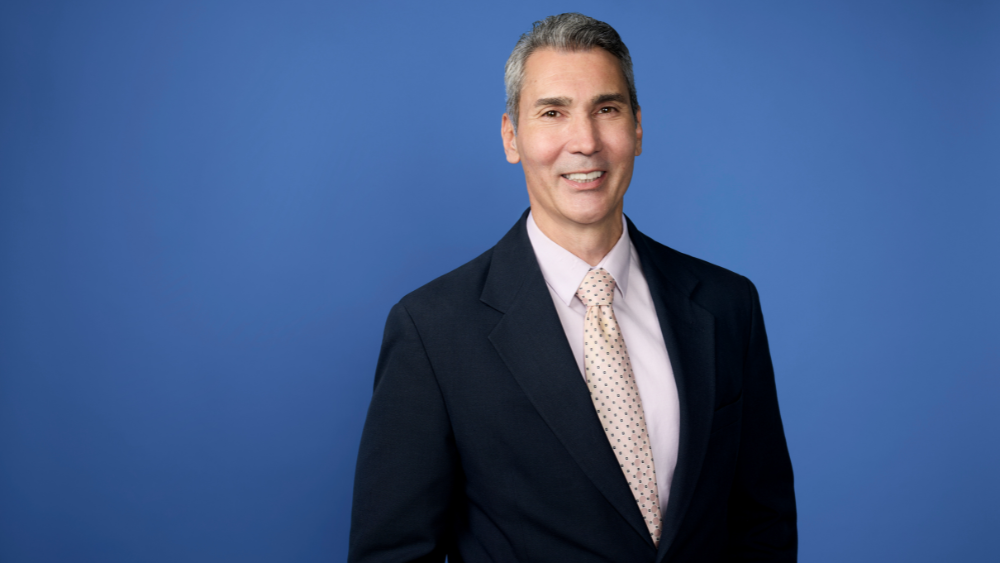Civility is not enough after Charlie Kirk’s death. We need mutual respect.

“And they parted at last with mutual civility, and possibly a mutual desire of never meeting again.” – “Pride and Prejudice,” Volume II, Chapter 18
On my most recent birthday, I decided to start reading one book a month having nothing to do with current events.
The purpose was to create some intentional disengagement from the news cycle and social media chatter, which can be all-consuming and disorienting with polarization, misinformation and the algorithmic rewarding of the angriest comments.
Around that time two of my nieces invited me to join their new family book club with the first tome being “Pride and Prejudice,” the 1813 classic by Jane Austen.
I never read any of Austen’s books before, and I normally do not gravitate to 19th century British society and romance novels, but this fit the bill for what I was looking for.
Truth be told, the book has enthralled me. It’s a glimpse into a world where a family works hard to marry off their daughters or they will remain penniless. In this world, before cars and cellphones, relationships happen through dances, playing cards, musical interpretation and writing long-form letters.
It’s a world where civility is rewarded – but civility is often used to hide ill feelings, create false impressions and gain favor. This concept has merged the world of fiction and reality for me at a time when our nation is grappling with some tough choices about who we are and how we treat each other. We are hearing a lot of calls for civility, but are they sincere?
Let’s avoid boxing ourselves into a limited definition of civility
My birthday falls on Sept. 10. This year, the celebration soured with the assassination of conservative activist Charlie Kirk at a Utah college that same day.
I did not follow Kirk and was not among those drawn to his messages, but I found that his gruesome death was a tragedy for this nation — horrifying and unacceptable in a free society.
The temperature heightened with social media posts expressing gratification and glee over his demise that cost people their jobs, reputations and livelihoods.
Vice President JD Vance guest-hosted Kirk’s podcast and said: “We don’t believe in political violence, but we do believe in civility,” calling on citizens to call out and punish anyone who celebrated Kirk’s death.
The official sanctioning of “cancel culture” left me stunned, and I have sought to figure out what is the right thing to say or do as an opinion writer who worked hard in his last job to promote, model and encourage civil discourse.
When I was at The Tennessean in Nashville, I led the Civility Tennessee initiative for nearly eight years — an effort to lower the temperature and find meaningful ways to connect with fellow citizens through small-group conversations, big forums and online programming.
Early critics of the work, which launched during the first Trump administration, claimed it was impossible to be nice or courteous with the “other side” amid such levels of vitriol.
Over time, I discovered along with fellow committed citizens that we should not be boxed into contemporary definitions that limited our aspirations.
This was more than about mere niceness and politeness, and it was not about acquiescing to bullying or avoiding conflict. We looked back at the Latin origins of the term “civility” — civitas — which precisely identified the role of the citizen as one who upholds, challenges and betters society. That means listening and also calling out injustices.
But to succeed it also requires another important ingredient: Respect toward your fellow citizen.
Unfortunately, notions of respect have been challenged by the words and actions at the highest level of government. During the memorial service for Kirk, President Donald Trump said he disagreed with the fallen activist in this way: “I hate my opponent and I don’t want the best for them.”
Leaders in his administration sought to go after what they consider “hate speech” and tried to silence comedian Jimmy Kimmel — to great pushback.
In many ways, that pushback was an exercise in civility as the United States’ Founding Fathers designed this nation to be about limiting the power of the government and rejecting repressive rule.
Do civil discourse for authentic connection not just for show

I was moved by author Roxane Gay’s Sept. 24 guest opinion column titled “Civility is a fantasy” in The New York Times.
Gay, a bisexual Black woman, decried calls for civility as “exerting power.”
“Civility is wielded as a cudgel to further clarify the differences between ‘us’ and ‘them’,” she wrote. “It is the demand of people with thin skin who don’t want their delicate egos and impoverished ideas challenged.”
It’s a powerful indictment and it is true if one side refuses to return civility in kind.
In my experience, I found engaging diverse people in conversation incredibly important for our society and for my own growth, humility and learning.
I am more than halfway through “Pride and Prejudice,” and I can affirm that I am not interested in civility just for show.
I am interested in authentic civil discourse where there will be disagreements, moments of discomfort and mistakes, and opportunities to see each other’s humanity more deeply.
In a 2018 column, I wrote: “Civility is not the end; it’s a means to an end. It’s a framework to create conversations of substance where people agree to listen to each other and not belittle one another.”
It was hard to do that then, and it feels even harder now, but it matters more than ever.
David Plazas is the opinion editor for the AJC. Email him at david.plazas@ajc.com.



